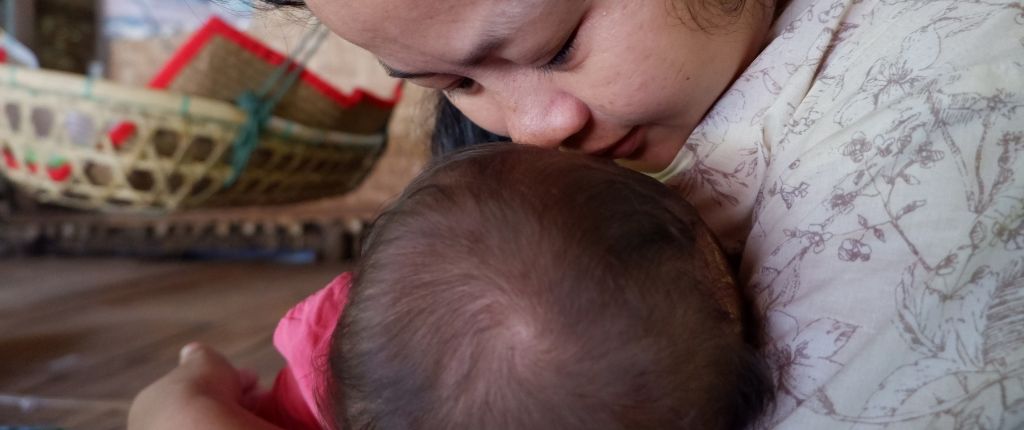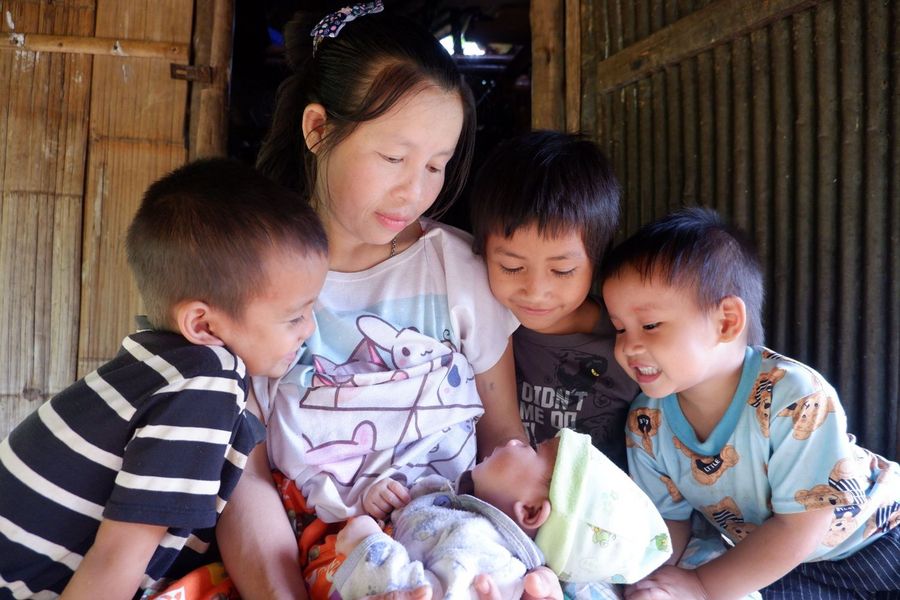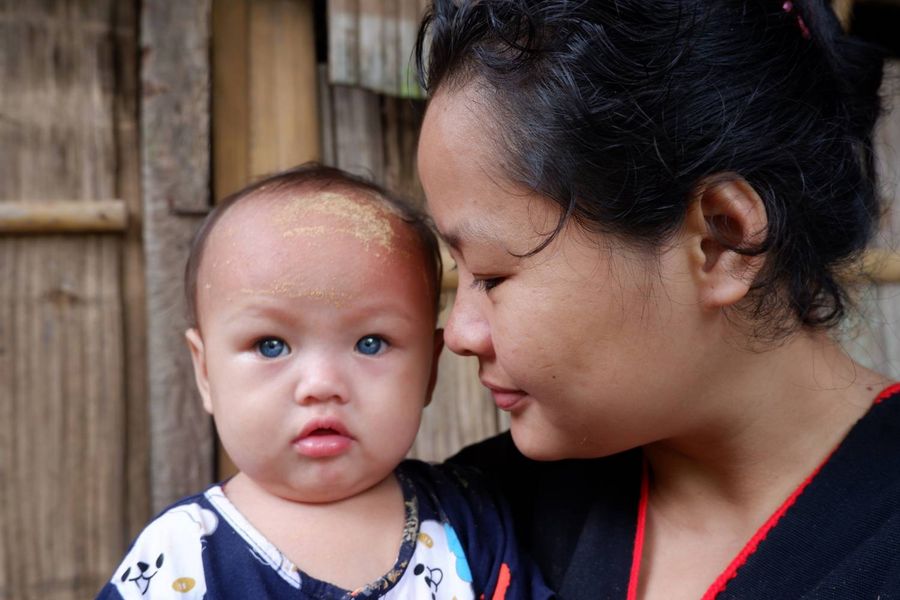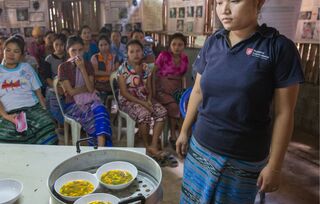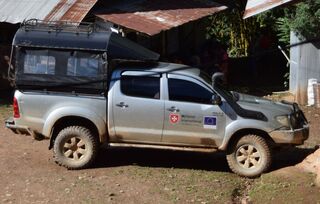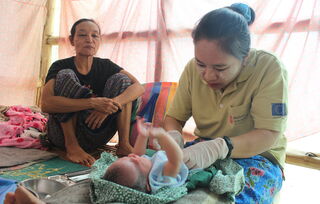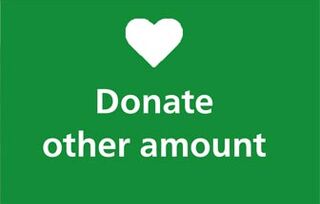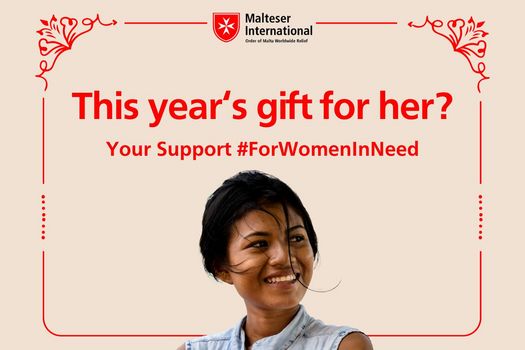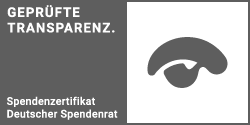"I was very worried about my baby when it became evident that there were problems with the delivery." It is Naw Tae Paw's fifth pregnancy. The 32-year-old has given birth to her four children at Mae La Oon camp. "The Malteser International health facility in the camp is very important to me. Without it, there would be a very big problem here."
Naw Tae Paw fled Myanmar as a child and since then has been living in refugee camps in the border region near her old homeland, like around 100,000 other people. Surrounded by dense forest, the camps blend into the mountainous surroundings in northwestern Thailand. The freedom to move and seek employment outside the camps is very limited for the residents. As a result, they are dependent on the support of aid organizations, which work closely with them to provide food and water, shelter, health services, livelihood and educational opportunities.
When complications arose during the birth of Naw Tae Paw's youngest child, it quickly became clear that she needed to go to Mae Sariang to give birth, as the nearest hospital is located in this small town. The health facility in the camp can only provide the most important basic medical care. In case of complications, surgeries, or severe illness, the patients are transferred to a better equipped hospital in the city. The challenge lies in the fact that the journey from the camp to Mae Sariang involves a several-hour drive on rough, winding roads, accessible only by a four-wheel drive. It is in one of these vehicles that Naw Tae Paw, who was in labor, found herself. But her child did not wait for arrival in Mae Sariang. Despite the circumstances, everything turned out well for mother and child - thanks to a portion of luck and professional support: "On the way to the hospital, my baby was born. It was good that a midwife from the Malteser International health facility accompanied us. She helped me deliver my baby safely."

